Artificial intelligence has taken the world by storm with promises of insurmountable changes in the near future. However, with AI becoming a more prominent topic of debate within the classroom, it bears the question of whether this is something that we should embrace or stray away from.
While some educators strive to embed AI into the workings of their classrooms as a tool of efficiency, others caution that it has the potential to strip students of essential skills earned during their early academic careers.
Mrs. Castañeda, who teaches Culture 3 and 4, views artificial intelligence as an enhancer of productivity in the lives of both students and teachers.
A key advantage point of AI that was discussed is the automation of routine tasks.
In Castañeda’s case by saving time on repetitive exercises such as the creation of “conjugation, verb practice, and vocabulary worksheets,” she is able to “use more time to create more meaningful activities for [her] classes.” This broadened availability of teachers leaves room to craft more impactful lessons that can foster deeper engagement from students.
It was also stated that we can greatly benefit from the efficiency of AI in project-based work.
Considering that AI offers a multitude of starting point ideas, students can alleviate the anxiety of beginning anew. “We see in Canva that instead of starting at zero, you can use an AI component to explore ideas in order to more effectively create projects for school,” adds Mrs. Castañeda. This suggests that artificial intelligence can serve as a creative catalyst, giving students the necessary foundation to build upon their unique contributions.
However, AI can not only be seen as a convenience but a necessary step-forward. “If we focus too much on the methods used 50-years-ago, we’d be stuck there. We wouldn’t have half the things we have now had we not progressed,” states Castañeda.
This sentiment highlights the importance of technological innovations and how education must evolve to keep in pace with them. Ignoring the full potential of AI by focusing on the negatives could possibly mean falling behind within a world that is being increasingly driven by digital advancements.
Mr. Varley, Pat-Med’s Criminal Justice and Law in Action teacher, on the other hand expresses deep caution surrounding the growing presence of AI in the lives of the academic youth.
His concerns mainly center around how artificial intelligence will affect independent thinking. “…It’s taking away original thought,” states Mr. Varley, “it’s making kids more dependent upon technology to put together their ideas.”
The convenience of AI is emphasized to possibly discourage students from organically developing their own thought processes and problem-solving skills, which are not only essential to their lives as students but their overall intellectual growth as they enter more rigorous stages of life.
The issue of integrity within the classroom also looms over the conscience of teachers. With rapidly generated content being so accessible to anyone, the challenge to ensure authenticity from millions of students worldwide will only become a bigger issue.
Mr. Varley states that, “As soon as the internet exploded onto the scene, plagiarism exploded as well because you now have access to so many resources that can so easily be pulled, ‘cut and paste’, and passed off as your own work.” This only increases the demand for teachers to continuously develop strategies to combat this threat to academic integrity within their classrooms.
Perhaps most significantly, AI calls into question how the student-teacher relationship will be affected in this new age of technology.
Teachers are meant to be guides/mentors to their students, yet artificial intelligence seems to be targeting what should be a space that fosters personal growth and connection between individuals and turning it into a situation “where students no longer need their teachers” and the investment in daily lessons only further dissipates.
The perspectives of AI and its overall role within education, whether it be positive or negative, can offer us the ability adjust into this new era of time we happen to live in. It raises important questions on academic integrity, creativity, and efficiency within a class setting.
As schools continue to ponder its involvement, the key is to find a balance between embracing this technology and preserving the skills that must be discovered organically.
Innovation never stops, and artificial intelligence is simply the newest wave of progress, it is how we adapt that makes all the difference.

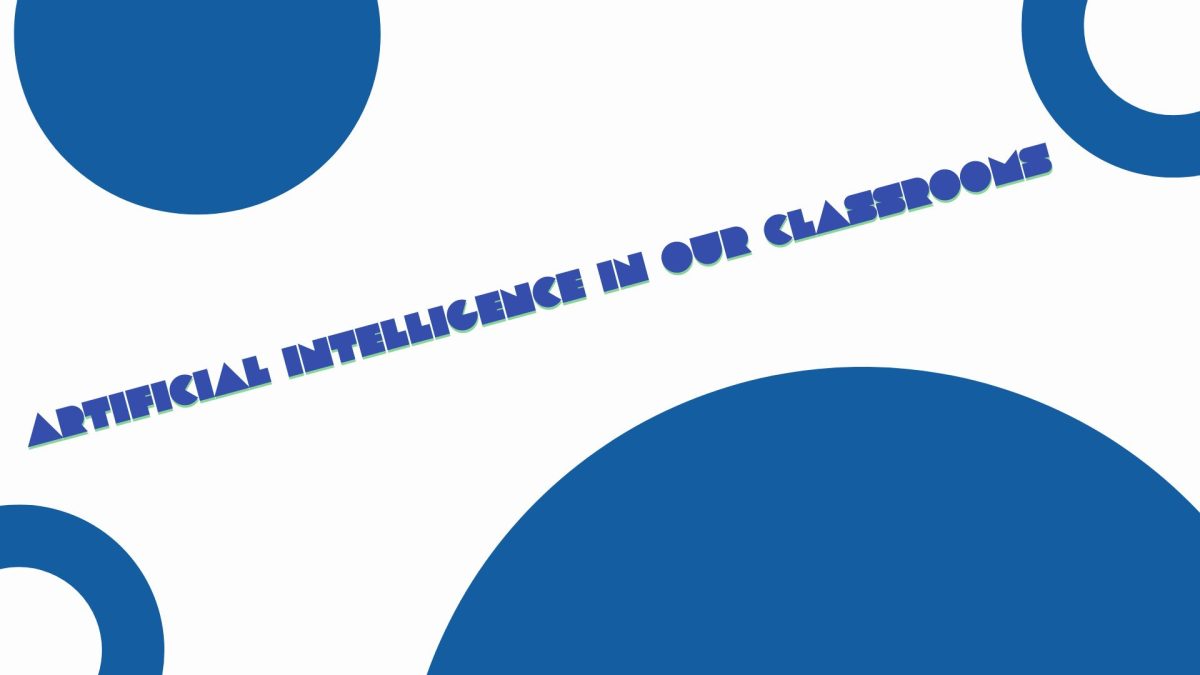

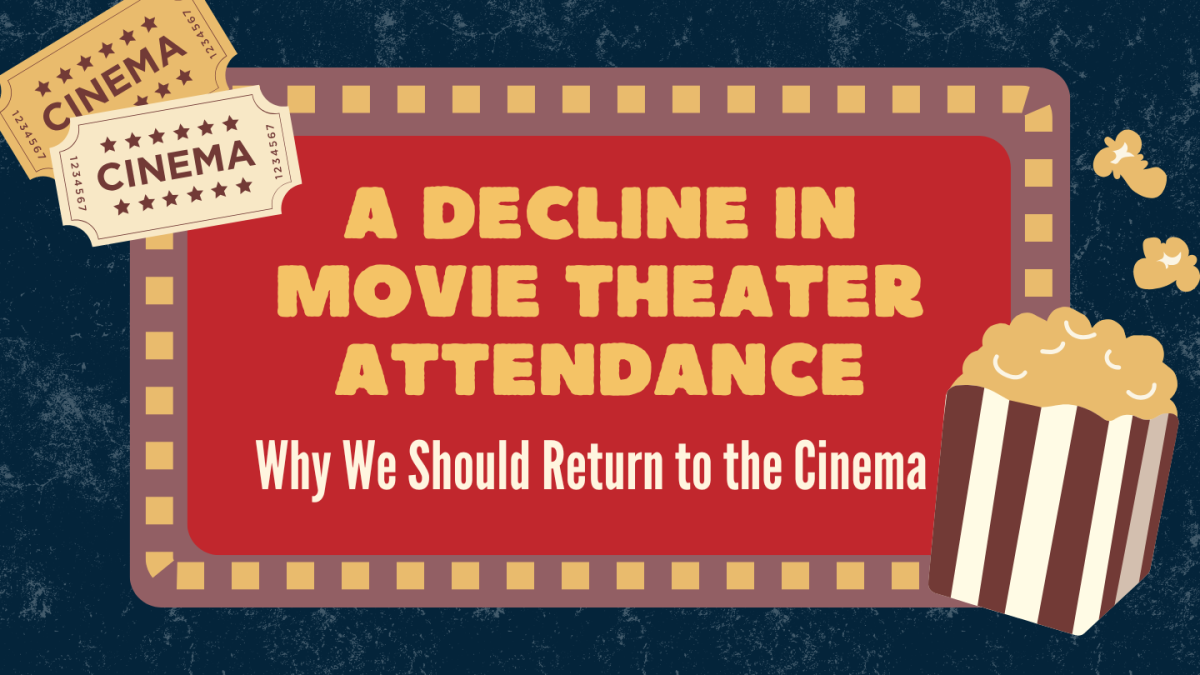
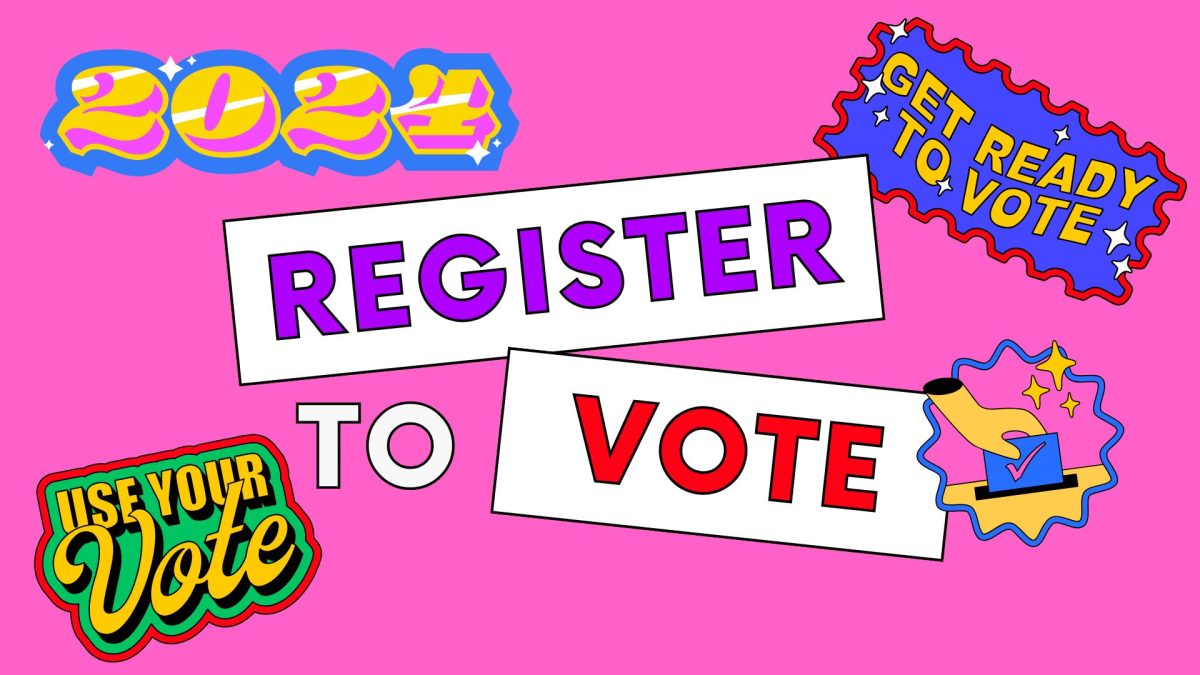
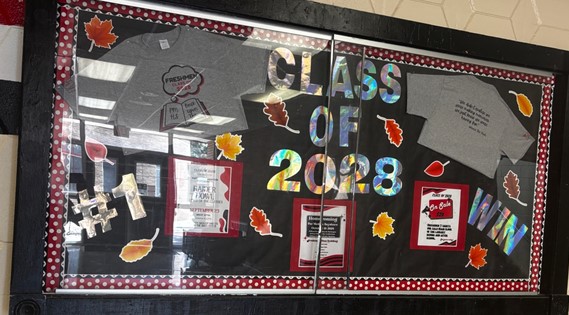

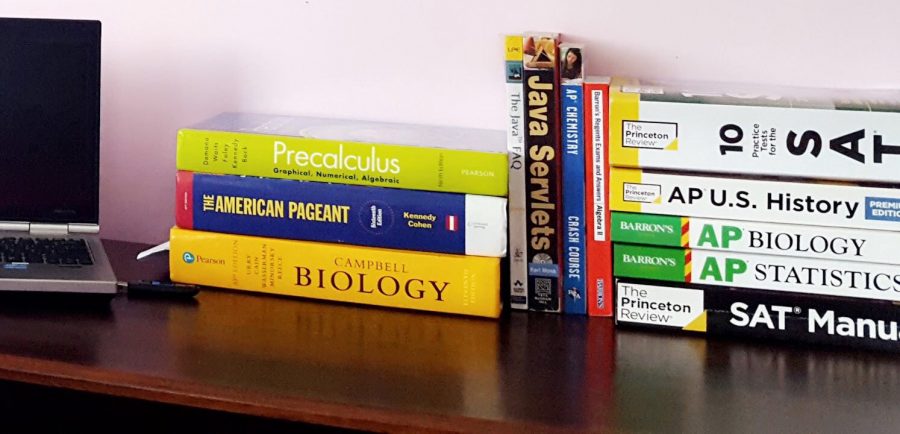
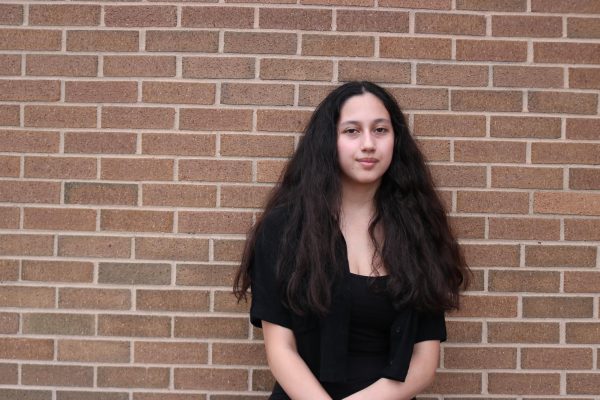
Desirae Gallagher • Sep 9, 2025 at 12:16 pm
I appreciate showing the contrast of opinions of AI. It makes the article more well-rounded and gives people and different perspective on AI.